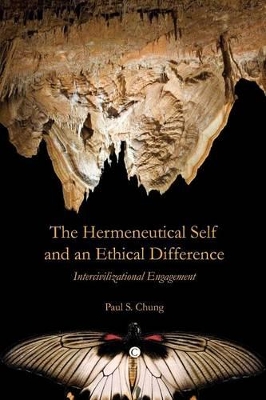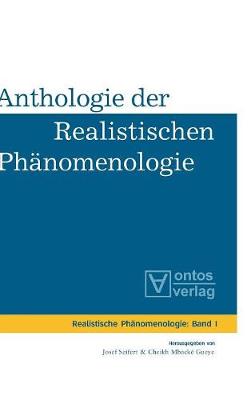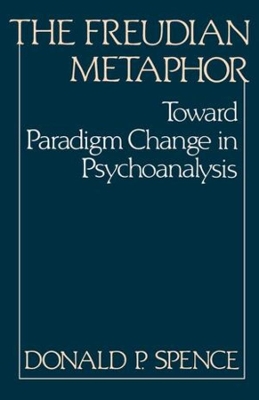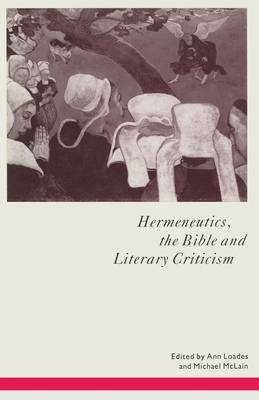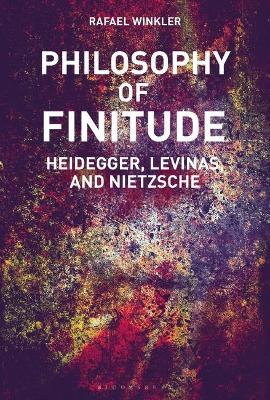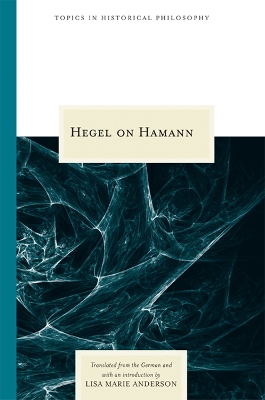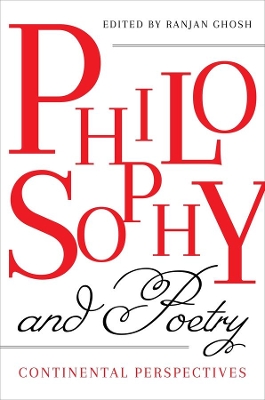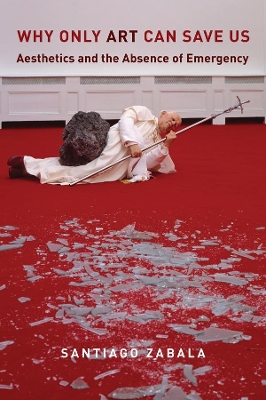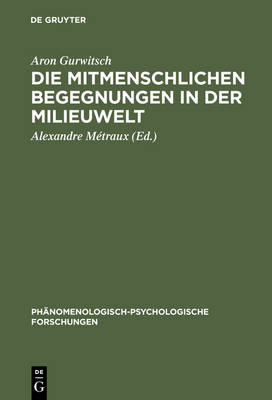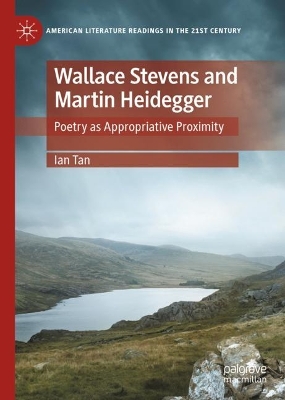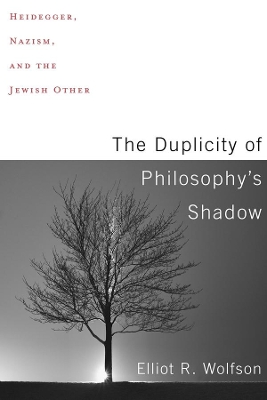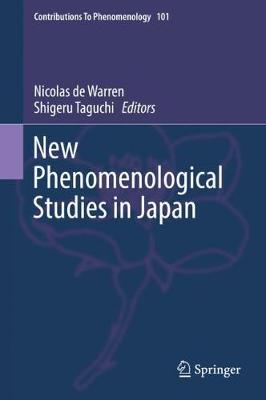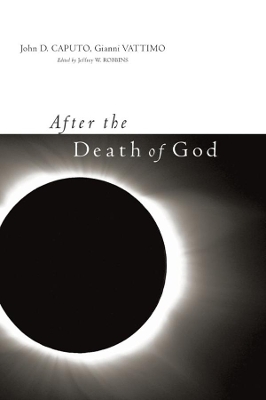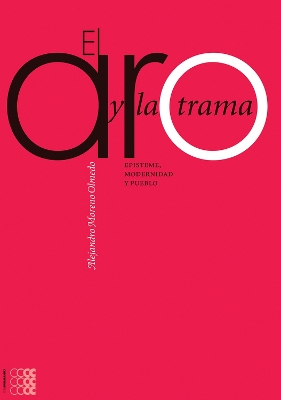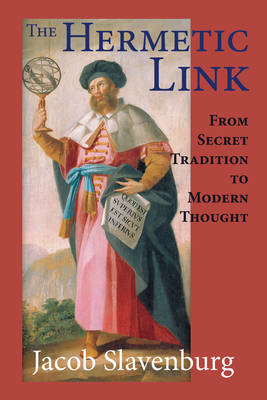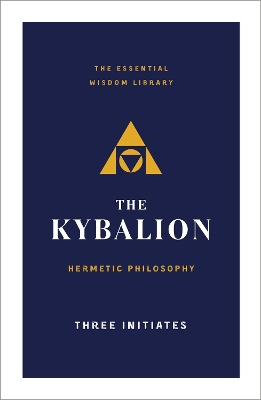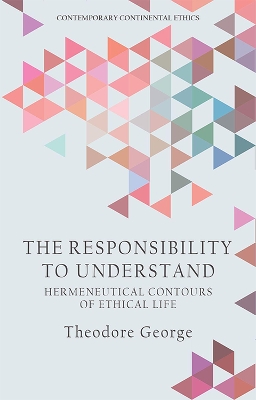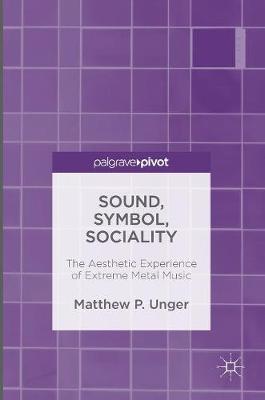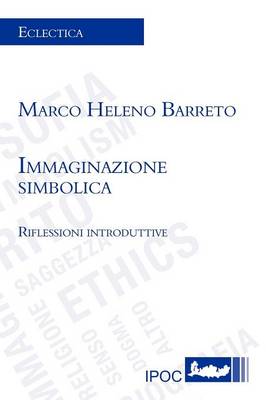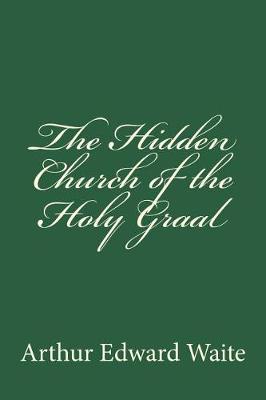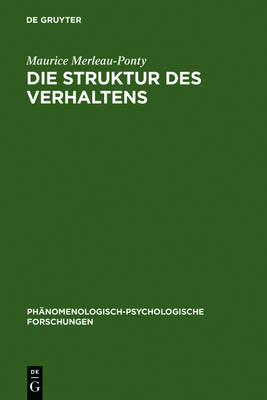Incorporating a tour of the past and a proposition for the future, Chung presents a fascinating study of inter civilizational hermeneutics that embraces our modern times and suggests the liberative potential of hermeneutical study. Adopting a subtle approach that stays clear of trying to impose upon the reader a simplistic understanding of hermeneutical discourses, Chung instead draws on a host of classical and modern scholars in search of a new and refreshing global hermeneutical theory.
Anthologie der realistischen Phanomenologie (Realistische Phanomenologie / Realist Phenomenology, #1)
Until recently, psychoanalysis has been a most reluctant recipient of the new inheritance. For most of its century-long life it has clung to the positivist epistemology of Freud, its founding genius, belying his hope that his followers would be as skeptical about received wisdom in their time as he was in his. Psychoanalysis has protected itself from change by preserving its store of founding metaphors in their original form.
Hermeneutics, the Bible and Literary Criticism (Studies in Literature and Religion)
The essays in this collection fall into three groups. The first group deals with philosophical accounts of interpretation. The second is concerned with the interpretation of scripture with particular reference to the work of the Oxford theologian and philosopher Austin Farrer. The third group provides some examples of interpretative practice relating to Genesis and the book of Psalms. The contributors represent a wide range of academic disciplines and religious traditions, providing significant...
Examining the legacies of Heidegger, along with Derrida, Levinas and Nietzsche, Rafael Winkler argues that it is not the search for truth or even contradictions that stimulates philosophical thought. Instead, it is our exposure to the unthinkable or the impossible – to thought’s own limits. An experience of the unthinkable is possible in our encounter with the uniqueness of death, the singularity of being, and of the self and the other. This 'thinking of finitude' also has political implicati...
Menschen sind artikulierende Wesen: Unsere Lebensform ist davon bestimmt auszudrucken, was sich uns im Erleben und Verhalten als bedeutungsvoll aufdrangt. In diesem Buch geht es darum, aus dieser Einsicht eine integrative Anthropologie zu entwickeln, die sowohl der Einzigartigkeit unserer Lebensform als auch dem evolutionaren Zusammenhang gerecht wird, in dem wir stehen. Daraus ergeben sich wichtige Konsequenzen fur das Verstandnis von Koerperlichkeit, Handeln, Sprache, Bewusstsein und Moral.
Hegel on Hamann (Topics in Historical Philosophy)
by Georg Wilhelm Friedrich Hegel
In 1828, G. W. F. Hegel published a critical review of Johann Georg Hamann, a retrospective of the life and works of one of Germany's most enigmatic and challenging thinkers and writers. While Hegel's review has enjoyed a central place in Hamann studies since its appearance, ""Hegel on Hamann"" is the first English translation of the important work. Philosophers, theologians, and literary critics will welcome Anderson's stunning translation, since Hamann is gaining renewed attention, not only as...
Ever since Plato’s Socrates exiled the poets from the ideal city in The Republic, Western thought has insisted on a strict demarcation between philosophy and poetry. Yet might their long-standing quarrel hide deeper affinities? This book explores the distinctive ways in which twentieth-century and contemporary continental thinkers have engaged with poetry and its contribution to philosophical meaning making, challenging us to rethink how philosophy has been changed through its encounters with po...
The state of emergency, according to thinkers such as Carl Schmidt, Walter Benjamin, and Giorgio Agamben, is at the heart of any theory of politics. But today the problem is not the crises that we do confront, which are often used by governments to legitimize themselves, but the ones that political realism stops us from recognizing as emergencies, from widespread surveillance to climate change to the systemic shocks of neoliberalism. We need a way of disrupting the existing order that can energi...
Die Mitmenschlichen Begegnungen in Der Milieuwelt (PHanomenologisch-Psychologische Forschungen, #16)
by Aron Gurwitsch
Wallace Stevens and Martin Heidegger (American Literature Readings in the 21st Century)
by Ian Tan
This book is a unique contribution to scholarship of the poetics of Wallace Stevens, offering an analysis of the entire oeuvre of Stevens’s poetry using the philosophical framework of Martin Heidegger. Marking the first book-length engagement with a philosophical reading of Stevens, it uses Heidegger’s theories as a framework through which Stevens’s poetry can be read and shows how philosophy and literature can enter into a productive dialogue. It also makes a case for a Heideggerian reading of...
Martin Heidegger (1889–1976) is considered one of the most influential philosophers of the twentieth century in spite of his well-known transgressions—his complicity with National Socialism and his inability to show remorse or compassion for its victims. In The Duplicity of Philosophy’s Shadow, Elliot R. Wolfson intervenes in a debate that has seen much attention in scholarly and popular media from a unique perspective, as a scholar of Jewish mysticism and philosophy who has been profoundly infl...
New Phenomenological Studies in Japan (Contributions to Phenomenology, #101)
The development of phenomenological philosophy in Japan is a well-established tradition that reaches back to the early 20th-century. The past decades have witnessed significant contributions and advances in different areas of phenomenological thought in Japan that remain unknown, or only partially known, to an international philosophical public. This volume offers a selection of original phenomenological research in Japan to an international audience in the form of an English language publicat...
It has long been assumed that the more modern we become, the less religious we will be. Yet a recent resurrection in faith has challenged the certainty of this belief. In these original essays and interviews, leading hermeneutical philosophers and postmodern theorists John D. Caputo and Gianni Vattimo engage with each other's past and present work on the subject and reflect on our transition from secularism to postsecularism. As two of the figures who have contributed the most to the theoretica...
The Kybalion (Cathedral Classics) (Dover Occult)
by Three Initiates and Three Intiates
The Kybalion has long fascinated readers with its exploration of hermetic wisdom. Credited to the mysterious Three Initiates, The Kybalion is an esoteric classic that has remained popular since its initial publication in 1908 and continues to sell exceptionally well. The book explores the Seven Hermetic Principles - including the Principles of Causation, Mental Transmutation, and Polarity - and the philosophies it contains became founding ideas in the New Thought movement. This edition of the...
The Responsibility to Understand (Contemporary Continental Ethics)
by Theodore George
Few topics have received broader attention within contemporary philosophy than that of responsibility. Theodore George makes a novel case for a distinctive sense of responsibility at stake in the hermeneutical experiences of understanding and interpretation. He argues for the significance of this hermeneutical responsibility in the context of our relations with things, animals and others, as well as political solidarity and the formation of solidarities through the arts, literature and translati...
Based on ethnographic research within the extreme metal community, Unger offers a thought-provoking look at how symbols of authenticity and defilement fashion social experience in surprising ways. Exploring the many themes and ciphers that comprise this musical community, this book interprets aesthetic resonances as a way to understand contemporary identity, politics, and social relations. In the end, this book develops a unique argument: the internal composition of the community’s music and sou...
In the 13th century, over a few decades, a huge literature emerged around an unlikely tale. Survivors of the core of early Christianity make a perilous journey to Western Europe. They begin a hidden bloodline, preserve immensely powerful relics of the crucifixion, and carry a secret which, if revealed, would turn the established church on its head. A.E. Waite gets to the core of the Grail legend, an interwoven mass of narratives which started with seeds of pagan folklore and grew into a massive...
Die Struktur Des Verhaltens (PHanomenologisch-Psychologische Forschungen, #13) (PH Nomenologisch-Psychologische Forschungen, #13)
by Maurice Merleau-Ponty
